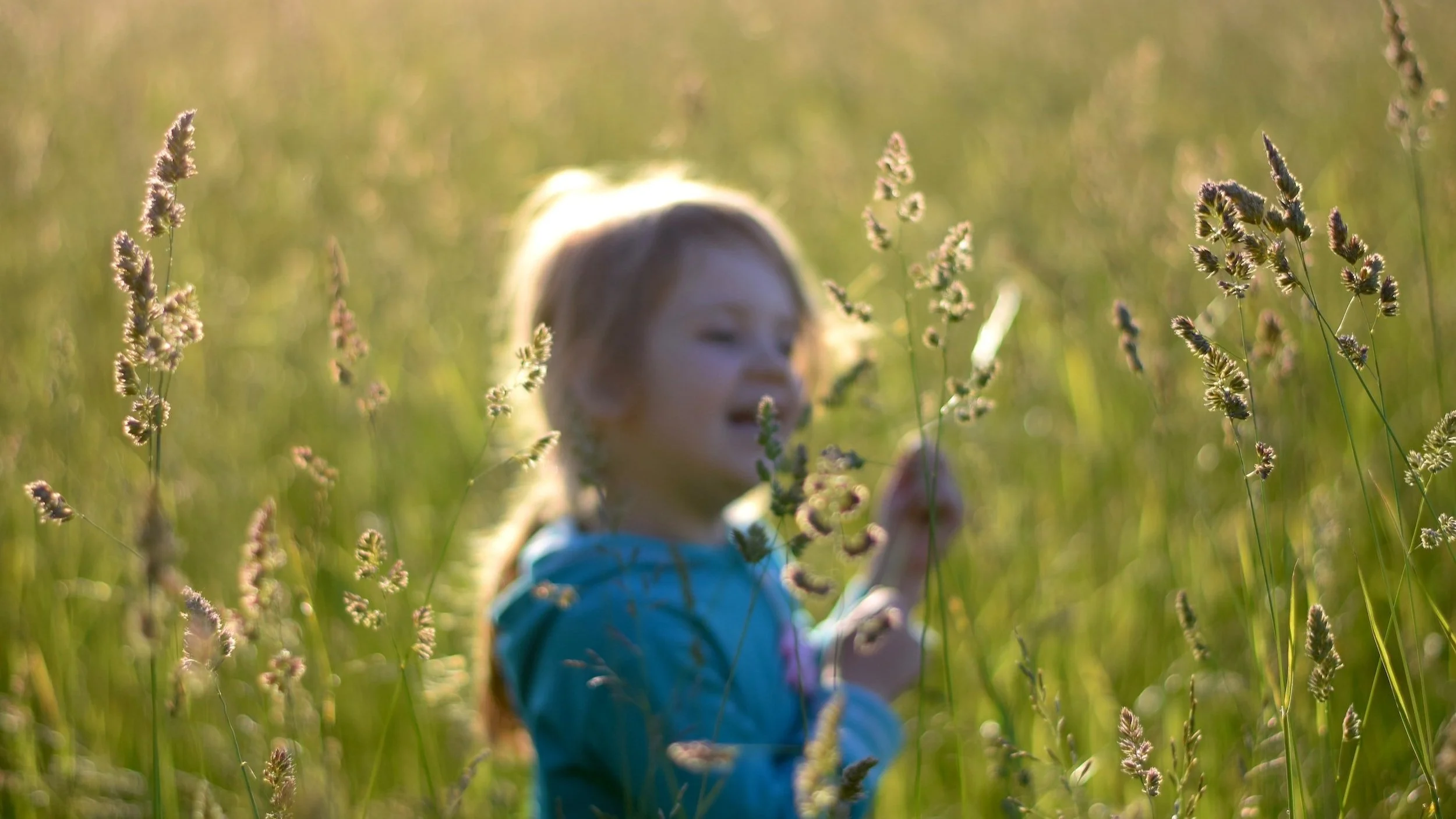Designing the Pasture Vs. Designing the Sheep
This is a pretty interesting video (see below), we think. In it, clinical psychologist Russell Barkely discusses the tendency of parents these days to try to “engineer” their kids into being smart or accomplished. He questions the effectiveness of giving them genius-making toys, videos, music, lessons, and activities, in the hopes that their little brains double in power, and that they’ll demonstrate superior skills in things we think are important.
Instead of taking on this frustrating and often fruitless task, he suggests that although we can’t design our little sheep, we can provide a great pasture for them. We can create loving, safe environments in which they feel comfortable and free to explore and learn. Then, we can get out of their way and let them do their thing.
We’d like to think that doing philosophy with kids is very much part of providing that kind of “pasture”. Here’s why:
· We agree that in some ways kids are who they are, no matter how hard we try to shape them this way or that way. Part of this is being curious, with the capacity for reason and logic, and the desire to communicate and share ideas. Along with a bunch of other stuff, nature pre-packs wee minds with all kinds of philosophical questions. You really don’t have to engineer a kid to ask “why”. It’s actually quite hard to stop them.
· The very last thing philosophy strives to do is force or engineer someone into thinking this way or that way. Philosophy is all about how to think, and not what to think. If ever there were an open pasture in which a little thinker could graze freely, it’s philosophy. Philosophy’s been around for thousands of years, covers all kinds of subject areas and interests, and is ever-expanding.
· There are no designated tools or materials for doing philosophy with kids. You don’t have to plunk them down in front of “baby genius” media, or expose them to “the right kind” of anything. Anything and everything is a source of philosophical questions, and all you have to do as their “keeper” is be open to having ongoing conversations with them. Yes, you can guide and protect them, but you don’t need to force anything. It’s both free and freeing for everyone involved.
It's okay for us as parents to give ourselves a break and stop worrying that our child doesn’t know all the right stuff, that they aren’t capable of punching above their weight class in terms of skills and talents. Generally speaking, they’re pretty amazing thinkers, even when they’re quite small, and creating the best space in which to wander and explore is far more important.


